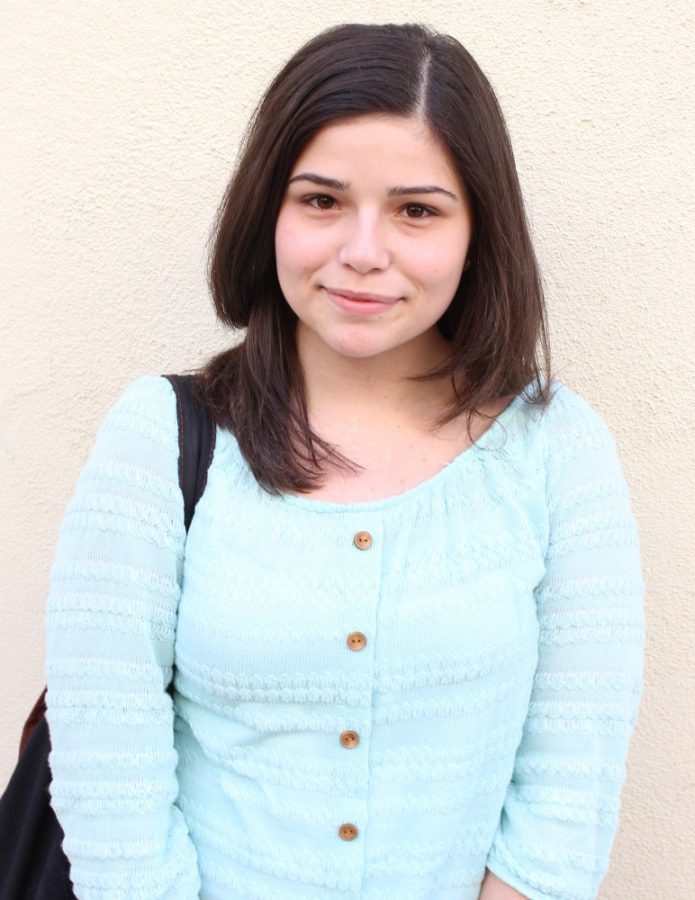A new minor offered this spring is geared toward students interested in learning about the changing international landscapes.
The intercultural studies minor is an 18-unit program now available to all UA undergraduates. The minor includes a number of 200-400 level classes, which accommodate students in any year of study.
The program is intended to provide students information about the new global economy in a world that increasingly requires the highest level of intercultural competence, according to Alain-Philippe Durand, director of the School of International Languages, Literatures and Cultures.
“Ten to 20 years ago, [intercultural studies] were not as important as they are now,” Durand said. “People used to think that unless they’re going to work in a foreign country or in international relationships, they don’t need intercultural studies. Intercultural studies is already at home. It is not foreign anymore.”
For a student to be eligible for the minor, he or she must have completed 18-units from the selected minor courses with at least nine units completed at the UA. A maximum of six units may be taken at the 100-200 levels. The minor requires the completion of courses in at least three of the following departments or programs: Africana studies, classics, critical languages, East Asian studies, French, Italian, German studies, religious studies or Russian and Slavic studies.
The minor combines professional skills with humanities while reaching many different departments across campus, according to Philip Gabriel, the department head of East Asian studies.
“Students will start to think comparatively about cultures,” Gabriel said. “You don’t just start to think about one but you will start to compare them.”
SILLC was started in 2010 and is a partnership between eight departments and programs in the College of Humanities.
“There wasn’t a mechanism for a place to organize this minor until the School of International Languages, Literatures and Cultures,” Gabriel said. “It has been really good. We start to really think how to work, incorporate and create across the different departments. I think the fact that we have the School of International Languages, Literatures and Cultures has really encouraged us to look at the the curriculum in a different way.”
Intercultural studies is the ability to experience and adapt in unfamiliar environments and situations, said Michelle Valenti, a freshman studying microbiology and French.
“Our world is changing and we are able to travel to different places,” Valenti said. “It is important to understand different cultures because you fear what you don’t understand. This minor is going to allow people to become more tolerant and understanding of the different cultures there are in the world today.”









